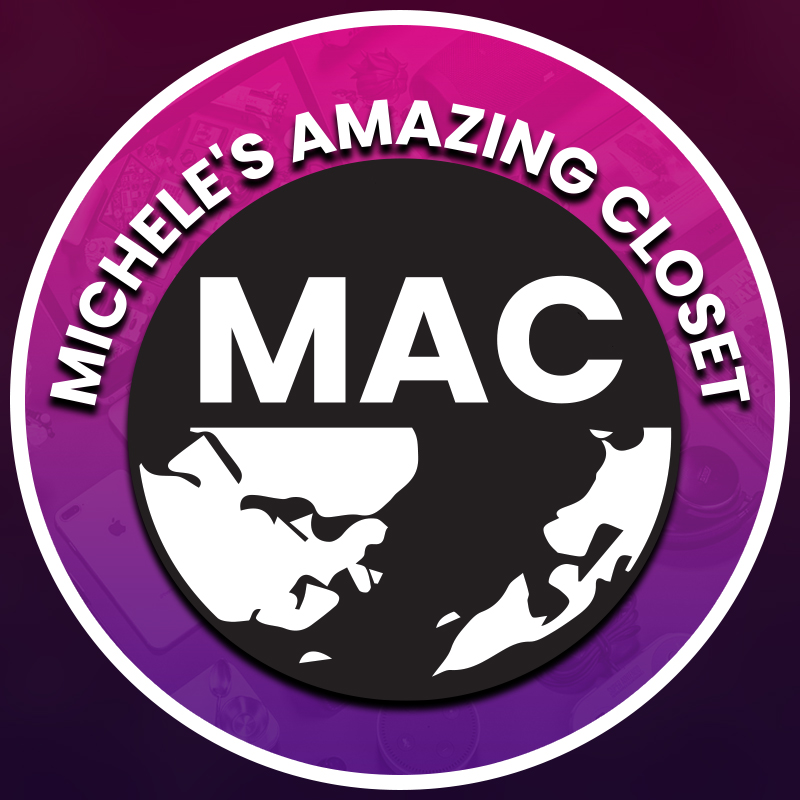
Tech-enabled sleep health company Nox Health was the highest bidder of Pear Therapeutics’ Somryst assets at an auction last month that followed the prescription digital therapeutic company’s bankruptcy in April.
Nox bid $3.9 million for Pear’s FDA-cleared prescription digital therapeutic Somryst, which uses cognitive behavioral therapy for insomnia to train the brain and body to sleep.
Sigurjon Kristjansson, CEO of Nox Health, sat down with MobiHealthNews to discuss why his company bid for Pear’s Somryst assets and what will happen with the digital therapeutic under the care of his firm.
MobiHealthNews: Why are Somryst’s assets so valuable to Nox Health?
Sigurjon Kristjansson: We are squarely in the sleep health business. You can think of us essentially like an organization that is helping people with chronic conditions that are related to sleep live a better life and the sponsor for that healthcare to save on the total cost of care. And so for us, we’re not looking to go out there necessarily, and, you know, with the same path as a standalone digital therapeutic.
Somryst is a product that we have known for quite some time. We actually know the creators of it. We know where it came from in the beginning and how it was then evolved into a digital therapeutic. And it was quite interesting to us to have the only FDA-cleared solution for people with chronic insomnia that was a complete fit with our overall strategy of providing both the patients and the sponsors of healthcare, being self-insured employers and health plans, a comprehensive program where we could address sleep apnea, chronic insomnia, restless leg syndrome, all of the sleep problems that people have, with tools and programs that have proven outcomes.
That’s where Somryst set itself aside from any other insomnia solutions on the market is that we now have a solution with a proven outcomes record or proven track record of producing outcomes for patients, that is, where we are allowed to make the claims under the FDA clearance that this is actually treating a condition.
MHN: How will Somryst complement or augment Nox’s offerings?
Kristjansson: We have multiple offerings. Our business is actually largely two audiences. One is sponsors of healthcare–employers. We are the leading program in the United States that provides benefits solutions to self-insured employers and payers. And we provide sleep management as a strategic intervention for chronic conditions.
The other side of our business, which we call Knox Medical, is a technology business that provides solutions to healthcare providers across the globe that are helping their own patient populations. So, for instance, in the United States, we’re a market leader in providing sleep diagnostics and technologies to hospitals and health systems. For instance, the Veterans Administration. We will be looking to bring, you know, Somryst as a solution into that marketplace a little later as well. But in the meantime, we’re very much focused on integrating into the benefits solutions we have for self-insured employers.
MHN: You said you know how Somryst was developed. Are you pretty close to the people at Pear to have been able to see how they developed this solution?
Kristjansson: The origin story behind Knox is actually in Iceland, in another life, where we were building diagnostic and testing technologies for bringing sleep testing from hospitals into the home. So and then, after we started the journey here, with the U.S. employers, for instance, you know, we got to know the people behind Somryst. It used to be called SHUTi before it became Somryst, and it sprung out of work that was done at the University of Virginia. So we have been in the same circles for a long time. So we know, and I’ve always had a high respect for the work that was done to lay the foundation before even Pear Therapeutics came around.
MHN: Do you think there are any lessons that can be learned from the fall of Pear Therapeutics?
Kristjansson: The only thing that I can comment on is that sometimes you know, solutions, they have to, first of all, be made easy to, to be accessible by patients. But sometimes, they also have to be very readily available and accessible to physicians. And physicians, they are always practicing in some context. And sometimes I think some of the barriers for digital therapeutics tend to be, you know, how easy it is for physicians to prescribe and really then follow the patients afterward.
MHN: How are you going to change Somryst as time progresses?
Kristjansson: We’ll continue to invest in it and make it better and improve. And all software programs require continued maintenance, and we will continue to put effort behind that. But more so we will be focused probably on making it available for physicians to prescribe and make it accessible.
This is a fantastic product that they’ve built. I think I can’t say enough good things about that. And I think, at this point, it’s more about, you know, finding a way to get it into the hands of physicians and patients to benefit from it.

